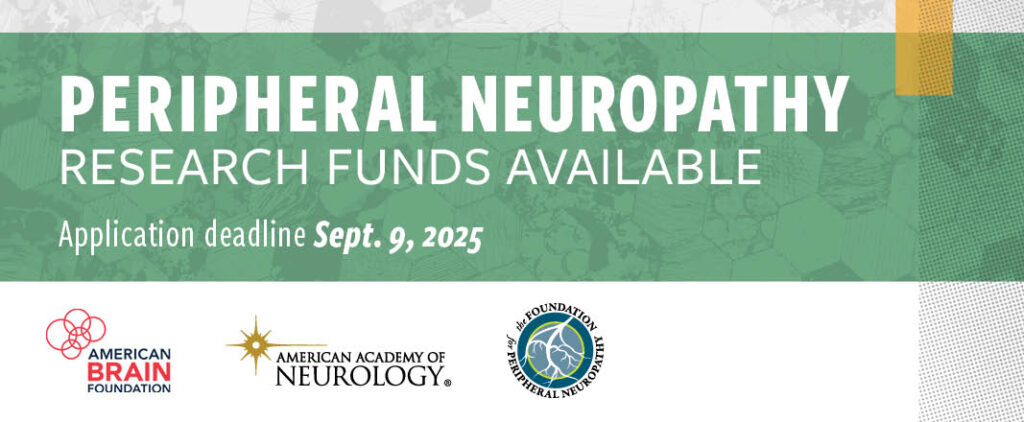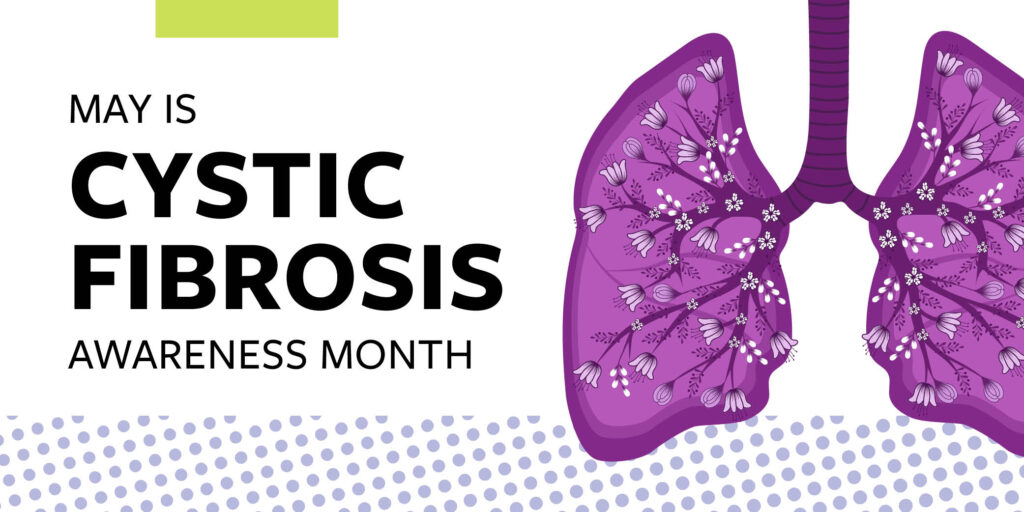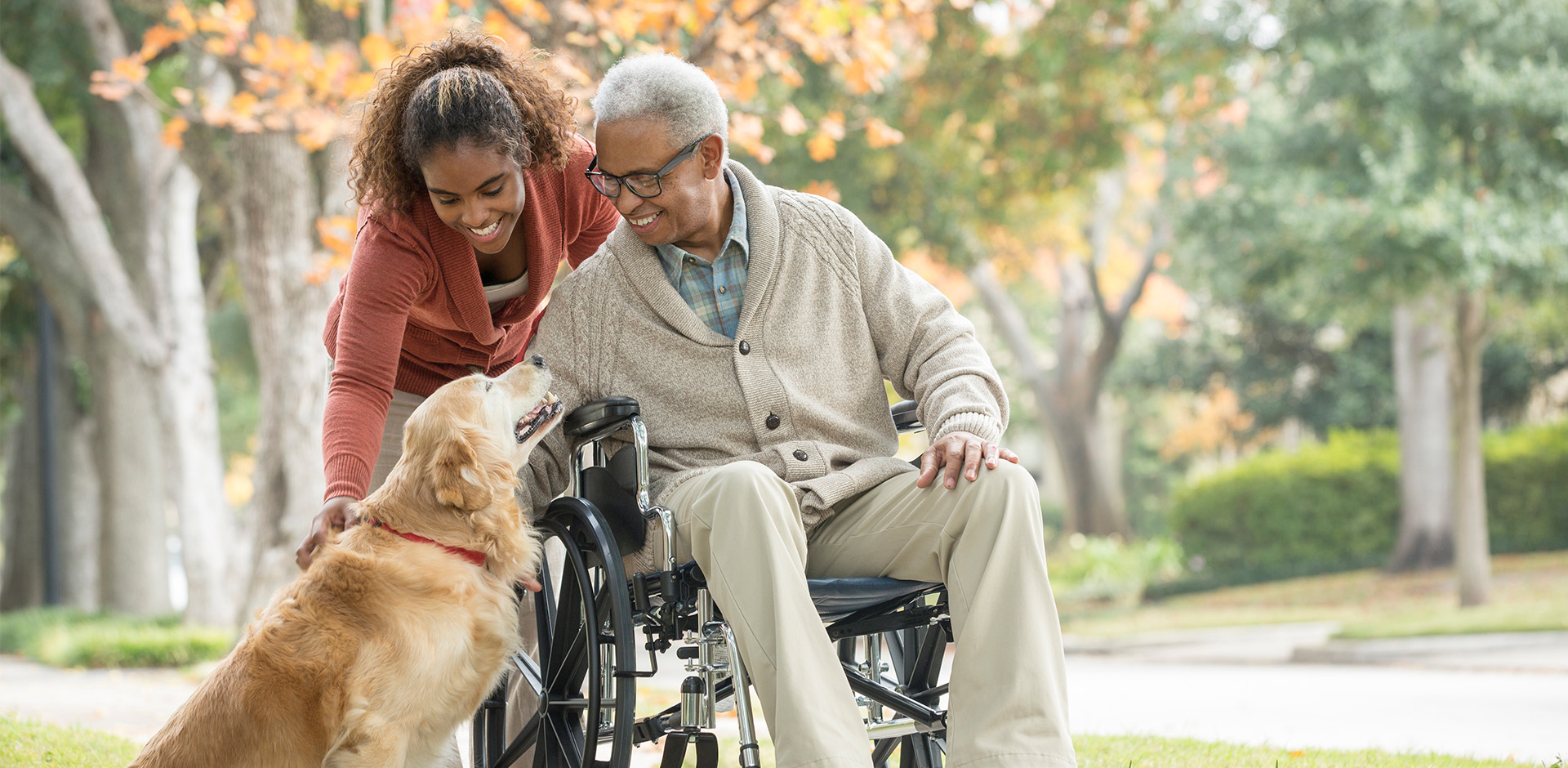HNPP
HNPP-related nerve damage
Hereditary neuropathy with liability to pressure palsies (HNPP) is a relatively common, though under-diagnosed, hereditary disorder in which a fairly mild pressure or trauma to a single nerve results in episodes or periods of numbness and weakness, similar to an arm or leg going to sleep. Unlike a limb going to sleep for a few seconds, each episode of numbness can last from several minutes to several days or months. The most common sites are the wrists, with carpal tunnel syndrome, or the elbows or knees. HNPP is inherited in an autosomal dominant manner, which means that each child of a person with HNPP has a 50% chance of inheriting the genetic mutation. It may be misdiagnosed as Charcot-Marie Tooth disease or Bell’s palsy.
16/100,000
The prevalence of hereditary neuropathy with liability to pressure palsies (HNPP) is estimated to be between 0.84 and 16 per 100,000 people
20 Years Old
The disease usually manifests after the first two decades of life, but may present in childhood.
3 Months
Most patients make a full or nearly full recovery within a few months.
HNPP is a progressive hereditary disorder, but the symptoms can be so mild that they go unnoticed. For some people, there are years between episodes, while others have mild symptoms that progress at a steady rate.
There is no treatment other than symptomatic measures and avoiding positions that can create pressure such as leaning on elbows, crossing legs or ankles, or sitting for too long without changing position.
Symptoms & Signs
(Not all symptoms and signs may be present)
- Weakness—unable to move an entire limb
- Unable to use certain muscles of the arm (can’t reach, wash hair, eat) or hand (difficulty gripping things or grasping small objects) or face
- Episodes of numbness, weakness or tingling that do not go away
- Leg/ankle foot swelling
- Fatigue
- Muscle cramps
- Diminished or absent ankle reflexes
Evaluation & Tests
(Not all evaluation and tests may be necessary)
- Physical examination
- Neurological exam
- Electromyography
- Nerve conduction velocity test
- Nerve biopsy
- Genetic blood test
Treatment & Therapy
(Not all treatments and therapies may be indicated)Treatment focuses on relieving pain by reducing inflammation, slowing joint and bone damage and improving the ability to function with the disease.
Ask your doctor about special therapeutic shoes (which may be covered by Medicare and other insurance).
- Over-the-counter pain medication for mild pain
- For severe pain, take over-the-counter pain medication or prescription drugs used for peripheral neuropathy, on a regular basis—rather than waiting until nighttime when symptoms can become more severe
- Avoid prolonged activity on hands and knees that could cause nerve compression
- Avoid crossing legs at the knee
- Avoid sitting with legs crossed, tailor-style
- Avoid sitting in one position too long without readjusting
- Avoid holding the telephone in one position too long
- Avoid tying shoes too tight or using tight shoe straps
- Avoid high heels (even 1 inch), which can make toes numb
- Take safety measures to compensate for loss of sensation
Resource library
Read our newsletter and explore educational brochures to help expand your knowledge of peripheral neuropathy.







